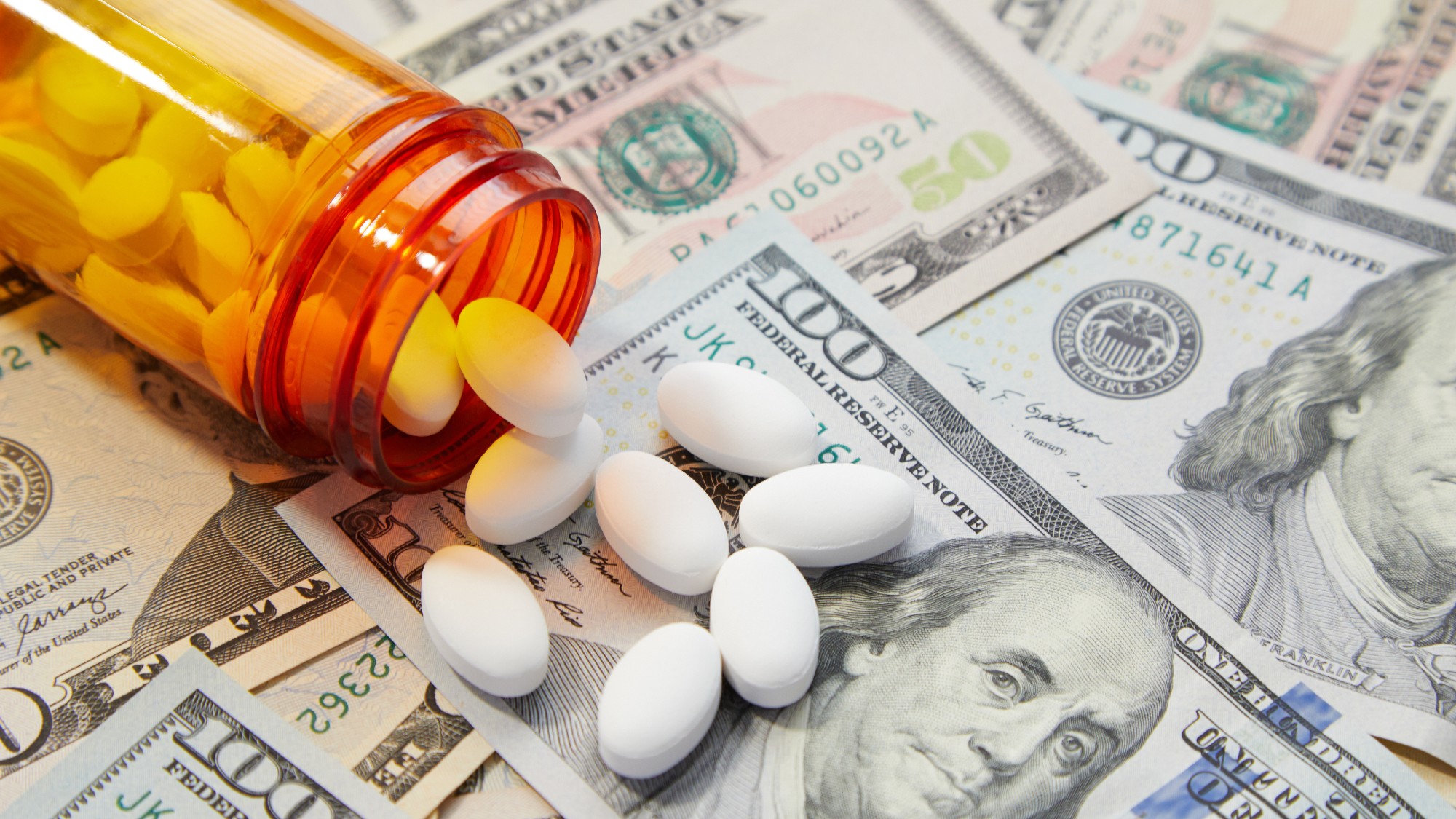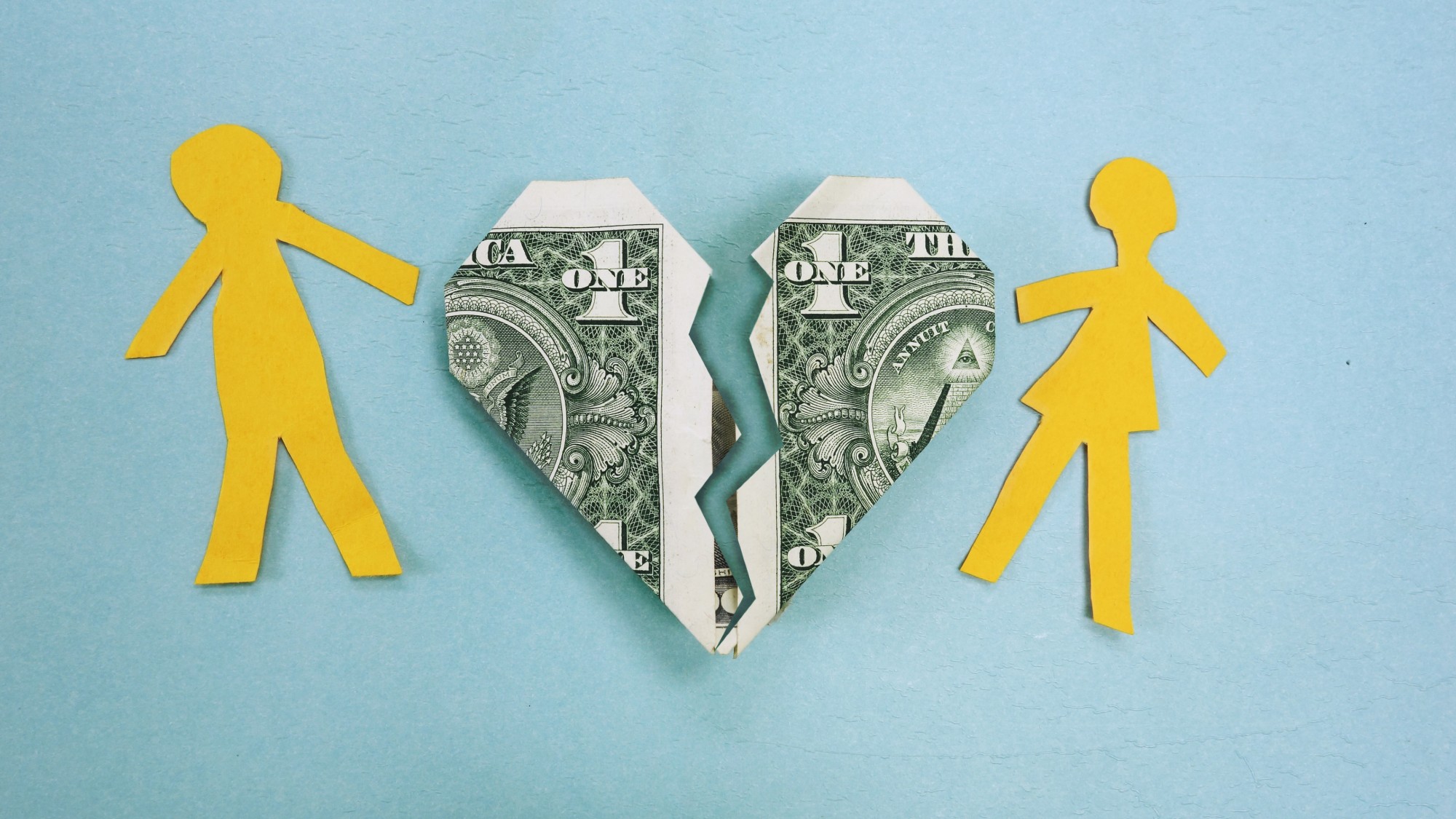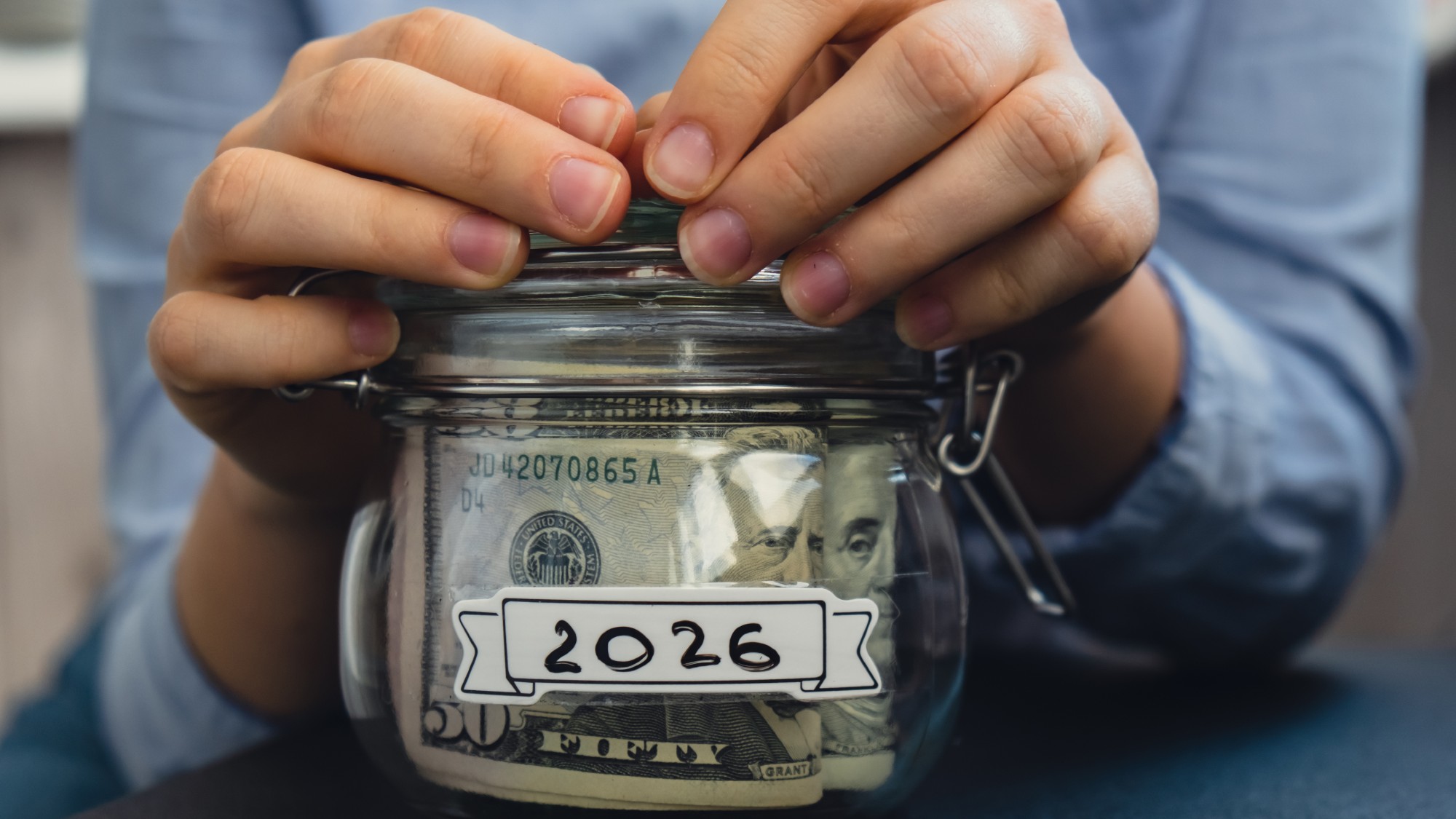Should you put your money in a CD?
Now may be the time to strike for the most competitive CD rates, but that doesn't necessarily mean CD investing is the right financial move for you


The window for securing a top-notch rate on a certificate of deposit (CD) may soon close, according to The New York Times. At the end of 2023, the Times delivered the following verdict: "If you want to lock in generous rates on your cash savings for the next year or so, now may be the time to do it." Per the Times, this is due to the fact that currently, "yields on federally insured certificates of deposit are the highest they've been in years," and they're poised to "shrink in the new year" if the Federal Reserve follows through with its potential plans to slash interest rates.
But even if it pans out as true that now is the time to strike for the most competitive CD rates, that doesn't automatically mean that CD investing is the right financial move for you. Here's what to consider about CDs before you lock up your money.
Why invest in a CD?
CDs "offer the same principal protection as a savings account but often at higher rates," as Fortune explains. With a CD, you agree to leave your money deposited at a bank for a set amount of time, known as a term, which can range anywhere from three months to five years. In exchange, "the bank pays a higher interest rate than you could get on a savings account," per Fortune.
The Week
Escape your echo chamber. Get the facts behind the news, plus analysis from multiple perspectives.

Sign up for The Week's Free Newsletters
From our morning news briefing to a weekly Good News Newsletter, get the best of The Week delivered directly to your inbox.
From our morning news briefing to a weekly Good News Newsletter, get the best of The Week delivered directly to your inbox.
But unlike many investments, where you face the risk of loss due to a fluctuating and unpredictable market, a CD offers some protection, as well as a rate that's locked in for the term. According to CBS News, CDs are "among the safest investments because the Federal Deposit Insurance Corporation insures up to $250,000 in deposits (the National Credit Union Administration offers the same protection for credit unions)."
Really, you just need to make sure you won't need to tap into the money you put into a CD before the term is up. Otherwise, you'll typically pay an early withdrawal penalty.
When does it make sense to invest in a CD?
If you're wondering whether a CD is worth it at any point, it's helpful to look at the Federal funds rate. CD rates generally track this rate, meaning that "when the Fed raises the Federal funds rate, banks raise the interest rates on CDs to attract more depositors," explains Fortune.
However, according to Fortune, it's also important to take into account the fact that the "IRS taxes CD interest at ordinary income rates." In other words, "to determine if CDs are worth it, you need to calculate your unique after-tax return."
A free daily email with the biggest news stories of the day – and the best features from TheWeek.com
Your financial needs should also factor into your decision. Are you fine locking up that money for the agreed-upon term, or do you think there's a chance you'll need it? There's also the reality that while CDs offer relative safety and generally higher rates compared to savings accounts, their "returns are often low compared to stocks and ETFs," notes Bankrate.
When does a CD not make sense?
For one, "CDs may not be worth it when interest rates are low," as "in these environments, conservative investors are often better off in other fixed-income securities, like municipal or corporate bonds," according to Fortune.
You'll also want to reconsider if a CD doesn't seem like it aligns with your financial goals. Since CDs can't provide as generous of returns as some other investments may, "they’re not likely to provide you the returns needed to build wealth for retirement over time," points out Bankrate.
You might also pass on a CD if you think you'll end up needing the money you're depositing in the near future. Per Fortune, "tapping a CD early will likely incur a penalty that could erase all your returns — and more."
Becca Stanek has worked as an editor and writer in the personal finance space since 2017. She previously served as a deputy editor and later a managing editor overseeing investing and savings content at LendingTree and as an editor at the financial startup SmartAsset, where she focused on retirement- and financial-adviser-related content. Before that, Becca was a staff writer at The Week, primarily contributing to Speed Reads.
-
 Courgette and leek ijeh (Arabic frittata) recipe
Courgette and leek ijeh (Arabic frittata) recipeThe Week Recommends Soft leeks, tender courgette, and fragrant spices make a crisp frittata
-
 Trump’s power grab: the start of a new world order?
Trump’s power grab: the start of a new world order?Talking Point Following the capture of Nicolás Maduro, the US president has shown that arguably power, not ‘international law’, is the ultimate guarantor of security
-
 Unrest in Iran: how the latest protests spread like wildfire
Unrest in Iran: how the latest protests spread like wildfireIn the Spotlight Deep-rooted discontent at the country’s ‘entire regime’ and economic concerns have sparked widespread protest far beyond Tehran
-
 What to know about the rampant Medicare scams
What to know about the rampant Medicare scamsthe explainer Older Americans are being targeted
-
 Why it’s important to shop around for a mortgage and what to look for
Why it’s important to shop around for a mortgage and what to look forThe Explainer You can save big by comparing different mortgage offers
-
 4 ways to save on rising health care costs
4 ways to save on rising health care costsThe Explainer Health care expenses are part of an overall increase in the cost of living for Americans
-
 How to financially prepare for divorce
How to financially prepare for divorceThe Explainer Facing ‘irreconcilable differences’ does not have to be financially devastating
-
 4 ways to streamline your financial life in 2026
4 ways to streamline your financial life in 2026the explainer Time- and money-saving steps
-
 4 tips to safeguard your accounts against data breaches
4 tips to safeguard your accounts against data breachesThe Explainer Even once you have been victimized, there are steps you can take to minimize the damage
-
 Received a windfall? Here is what to do next.
Received a windfall? Here is what to do next.The Explainer Avoid falling prey to ‘Sudden Wealth Syndrome’
-
 How to save more for retirement next year
How to save more for retirement next yearthe explainer Secure yourself a suitable nest egg
